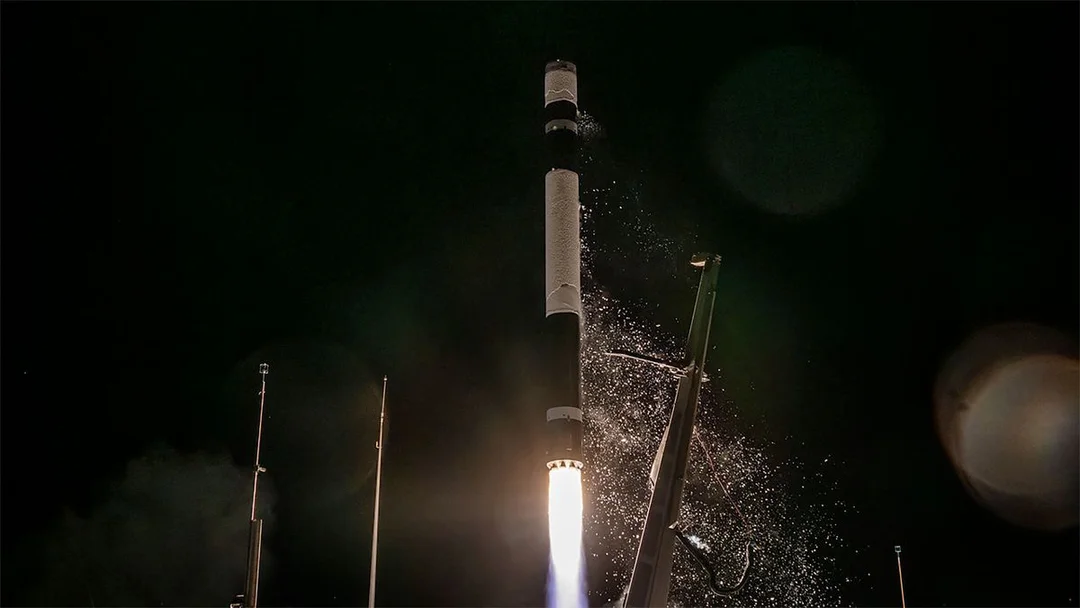
Rocket Lab Boosts iQPS Constellation with Successful SAR Satellite Launch
Rocket Lab continues its dedicated support for iQPS's growing Earth-observing constellation, successfully launching the QPS-SAR-10 satellite on May 17, 2025. This mission, dubbed "The Sea God Sees," marks another significant step in iQPS's ambitious plan to deploy a 36-satellite constellation capable of near-real-time Earth observation.
The Electron rocket lifted off from Rocket Lab's Launch Complex 1 in Mahia, New Zealand, delivering the synthetic aperture radar (SAR) satellite to a 575-kilometer circular orbit just 50.5 minutes after launch. 
This launch represents the third mission for iQPS on Electron and the second under a multi-launch contract encompassing eight missions scheduled across 2025 and 2026. Rocket Lab's CEO, Sir Peter Beck, emphasized the importance of dedicated launches for constellation deployment, stating that the Electron provides "pinpoint orbital deployment accuracy" for seamless integration of spacecraft.
iQPS aims to establish a constellation of 36 satellites to enable the delivery of a 'NearReal-Time Data Provisioning Service,' allowing them to observe specific regions worldwide at an average interval of 10 minutes. 
Rocket Lab sees these multi-launch contracts as a key differentiator, offering customers precise control over deployment schedules that rideshare launches cannot match. Despite a slight decrease in the average selling price (ASP) of Electron launches due to these volume deals, Rocket Lab anticipates a material expansion in ASP for the calendar year 2025, driven by increasing launch cadence in the second half of the year and customers requiring greater mission assurance.
With six Electron launches completed this year and a commitment to at least 20 overall, Rocket Lab is solidifying its position as a leading provider of dedicated small satellite launch services.
What impact will iQPS's growing SAR constellation have on global monitoring and data collection? Share your thoughts in the comments below!